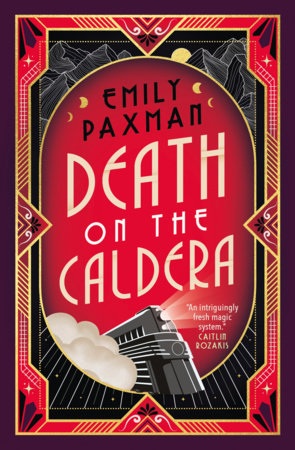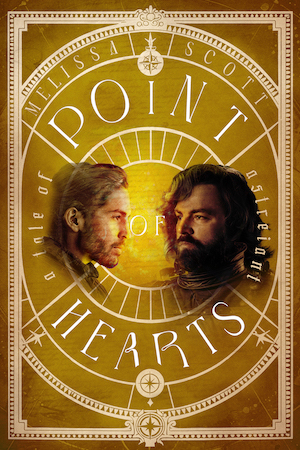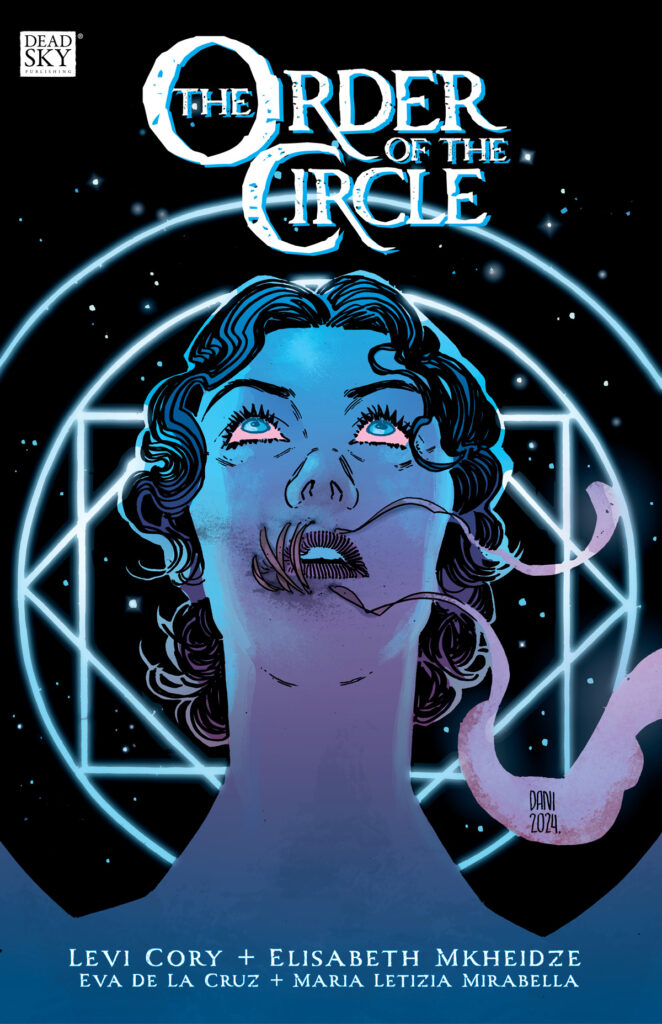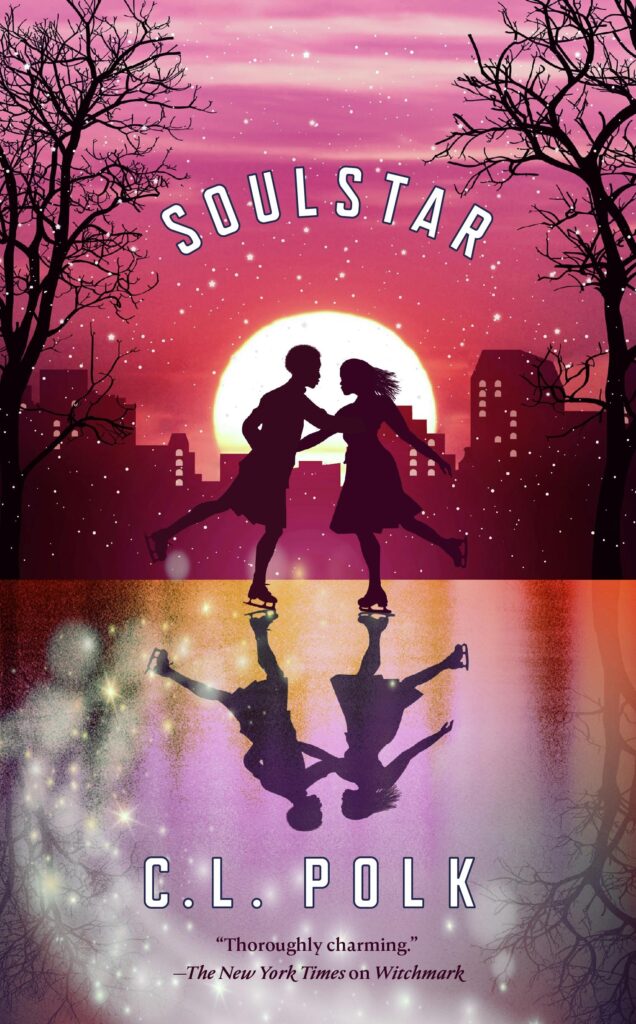Book Review: Death on the Caldera

I liked how grounded this book felt. The details of train service, survivors trying to recover after the wreck, the squabbling among various factions of train passengers, the differences between types of magic — all of these felt thoughtfully explored.
The Incandescent by Emily Tesh

It’s not that surprising to me that this perspective has been uncommon in fantasy, because the shininess of students learning magic is just so iconic and emblematic. But Tesh shows us that the space of teachers, adults, in a “magical school”, as front and center characters, is intensely interesting.
Book Review: Point of Hearts: A Novel of Astreiant, by Melissa Scott

It was an engrossing read; the characters continue to be fully engaging and the protagonists sympathetic (even though not always in agreement with each other), and the rich worldbuilding continues with interdepartmental squabbling providing insights into the politics.
Comics Review: The Order of the Circle

Elisabeth Mkheidze’s art is strong throughout. Characters are clearly delineated and distinct, and their emotional states are conveyed effectively through expression and body language. Some comics artists tend towards conveying intense expressions too strongly, and characters’ faces look like caricatures or theatrical masks as a result. This seems like a small point, but in a graphic novel with a protagonist who spends virtually all her time on the page some combination of furious, terrified, and grieving, it’s important.
Book Review: The River Has Roots, by Amal El-Mohtar

The novella is a retelling of a reasonably well-known fairytale murder ballad, so alert readers may anticipate some of the story beats. There are two sisters, and a suitor, and a warning from beyond via music. But even if a reader has an idea of where the story is going, there are bends in this river of a plot.
Book review: Soulstar, by C.L. Polk

Even though I have a heavy reading schedule of new books for Skiffy and Fanty, it was absolutely worth the time to go back and read Soulstar.

